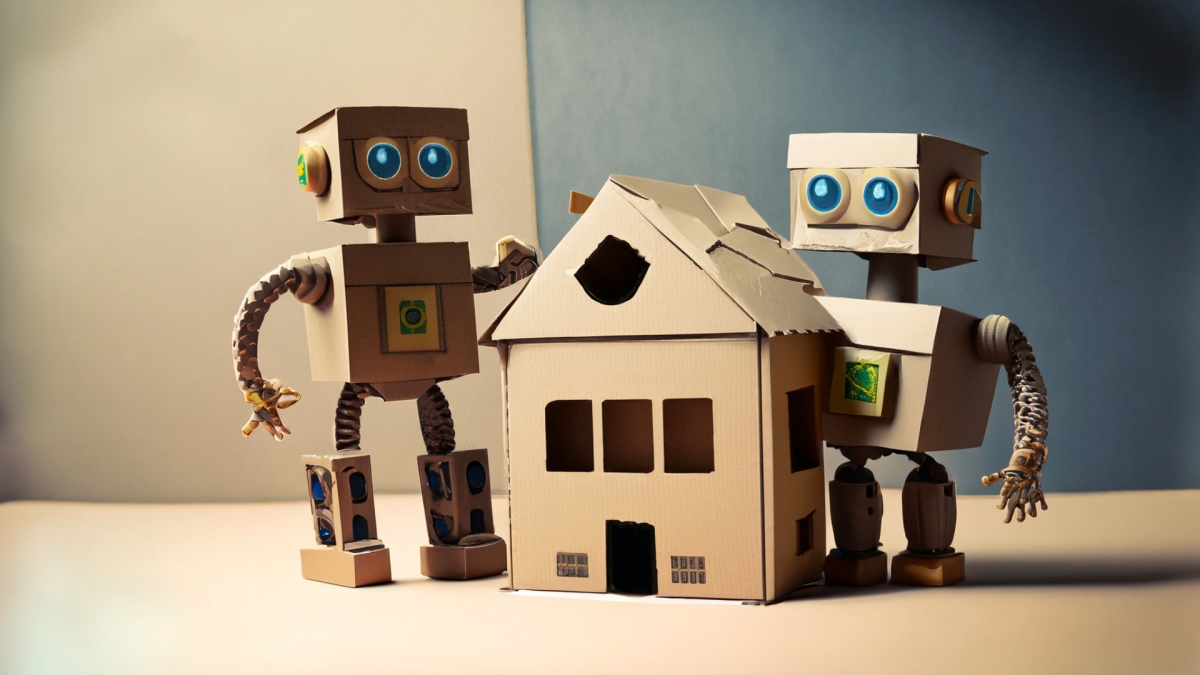
Penguin Protectors: Understanding Climate Change, Math, Properties of Water, Conservation of Matter and Teamwork with Penguins
by Vicky Manning
Most students are likely familiar with popular films like Happy Feet, Surf’s Up, Penguins of Madagascar, and classic books like Mr. Popper's Penguins. Capitalizing on this familiarity with penguins, this lesson aims to integrate English Language Arts (ELA), Mathematics, Science, and Social Studies. Through interactive activities, students will tackle mathematical problems centered on penguins, ice, and energy, analyze maps and environmental data, explore the unique properties of water and conservation of matter, and engage in reading and writing about penguins and climate change. They will recognize how penguin habitats serve as guardians for our environment and are examples of teamwork for survival. Drawing inspiration from penguins' cooperative strategies, students will be encouraged to collaborate in addressing real-world challenges.
There are numerous options in this lesson so you can tailor the activities to suit your grade level or specific standards.
Lesson Grade Level
Kindergarten 1st Grade 2nd Grade 3rd Grade 4th Grade 5th Grade 6th Grade 7th Grade 8th GradeLesson Plan Link/URL
https://docs.google.com/presentation/d/10kh_49X4vgIteOUUpLzLtyWkDyyoZv5w/edit?u…Subject Area
Science Physical Science P1: Matter P4: Energy Transfer Earth and Space Science E1: Earth Systems Life Science L2: Organisms & Energy L3: Genetics & Heredity L4: Evolution Technology 1. Empowered Learner 2. Digital Citizen 3. Knowledge Constructor 4. Innovative Designer 5. Computational Thinker 6. Creative Communicator 7. Global Collaborator Engineering S1: Engineering & Global Society S4: Apply Science to Engineering S5: Apply Technology to Engineering S6: Apply Communications to Engineering S7: Apply Project Management to Engineering Mathematics Counting and Cardinality (CC) Operations and Algebraic Thinking (OA) Number and Operations in Base Ten (NBT) Measurement and Data (MD) The Number System (NS) Number & Quantity (N) English Language Arts (ELA) Reading (Literature) Reading (Informational Text) Writing Speaking & ListeningRelated Content

Grades:
3rd Grade, 4th Grade, 5th Grade, 6th Grade, 7th Grade, 8th Grade, 9th Grade, 10th Grade, 11th Grade, 12th Grade
In this hands-on lesson, students use the engineering design process (EDP) to create a prototype of a device that can prevent squirrels from accessing a bird feeder. This is a great way to integrate

Featured
Messin' with Mixtures
Grades:
6th Grade, 7th Grade, 8th Grade
In this lesson, students will investigate the properties of a mixture, as if it were a contaminated soil sample near a stream. This activity will show students that heterogeneous mixtures can be

Grades:
3rd Grade, 4th Grade
Encouraging students, from a young age, to think about their interests, dreams and goals lets them see possibilities for the future. As students listen to their thoughts and put those thoughts into